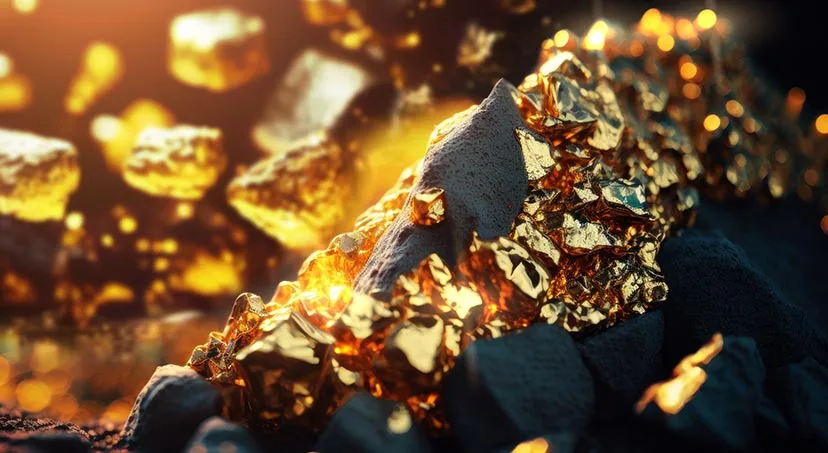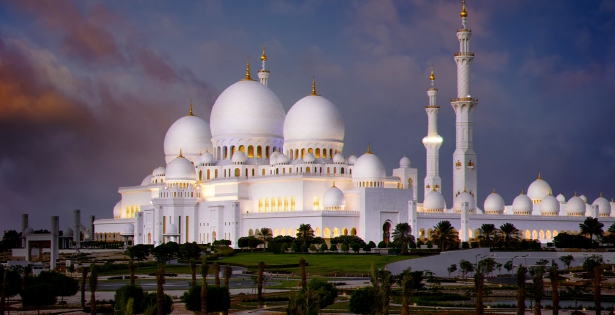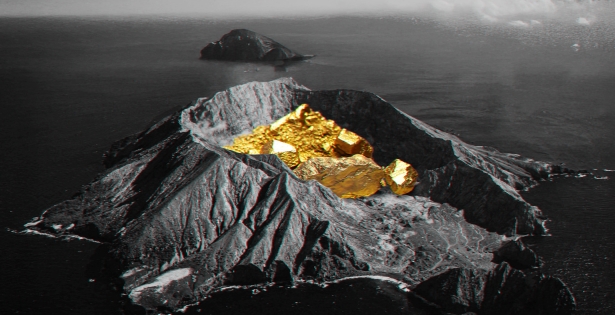
Gold in Africa: facts you probably did not know.
Trade in Africa is dominated by diverse natural resources that the continent enjoys in abundance. Did you know that gold and diamonds are among the main exported commodities of African nations? Did you know that South Africa is the world's biggest producer of gold?
Read this article and get to know more curious facts about the world of gold in the African countries of South Africa, Morroco, Benin, and Gambia.
Africa's trade is a representation of extremes. The majority of underdeveloped countries contrasts with others having a large pool of skilled labour, advanced infrastructures, and developed financial resources; factors that might be missing in other countries. However, African exports are exceptional. The main exported commodities are palm oil, oil, cocoa, timber, and gold and diamonds.
Gold in Africa: from the past to the present
From the 5th to the 8th century, gold was the main exported commodity due to the demand of coinage. The export of this precious metal increased from the 7th to the 11th century, as the Mediterranean countries started to demand gold in abundance. Encouraged by these initial commercial transactions, countries like Mali and Ghana took advantage of the situation and exploited the potential of gold as a raw metal for minting: the reason why Ghana was referred to as “The Land of Gold”. African gold was used in Western gold coins, and it remained the principal product of export.
From 1500 onwards, African gold would power the world system of coinage. Gold has been the most important and enduring element that has shaped and determined Africa's interactions with the rest of the world. For at least 1,500 years, gold has been the commodity determining not only the continent’s economy and history, but also Africa’s links with the world. Today, the gold fields in the region are worth many billions, and South Africa is the world's biggest producer of gold.
Morroco: a great opportunity for gold investors
Morocco has great history of gold mining. In recent times, the government has decided to encouraging foreign investments in the sector so as to increase the gold output. It has also been seeking out for the past decade partnerships with foreign companies to help develop the country’s gold mining. This gives investors a great opportunity to get involved in Morroco’s gold sector. Today, the country's gold reserves comprises 22.05 tonnes, and the gold price per ounce is $1338,69.
Benin: Africa's second largest gold producer
Benin's government is working with other government organs to revise the country’s mining laws with the main goal of attracting foreign investments to the gold sector since, according to several surveys, there is a huge potential to be explored in the country. International gold mining companies for gold exploration there have recorded positive initial results that suggest that Benin could have far more gold resources left to be explored. As a matter of fact, 39 important areas for gold have been identified by using satellite imagery. Today, the gold price per ounce in Benin is $1337,20.
Gambia's gold reserves potential to be explored
So far, not many gold reserves have been found, but Gambia still has a lot of potential given the fact that not much of commercial gold exploration has been done there. Most of the country’s mining operations for gold are done by artisanal miners along the rivers and in the region to the south of Bangui. That is why this makes Gambia a place of interest to gold investors, especially when considering the fact that most of the country's natural resources are yet to be fully exploited. The current gold price per ounce in Gambia is $1268,09.
Keep an eye on the updates in the international gold market. Get to know all the recent news on the official Global InterGold website.




